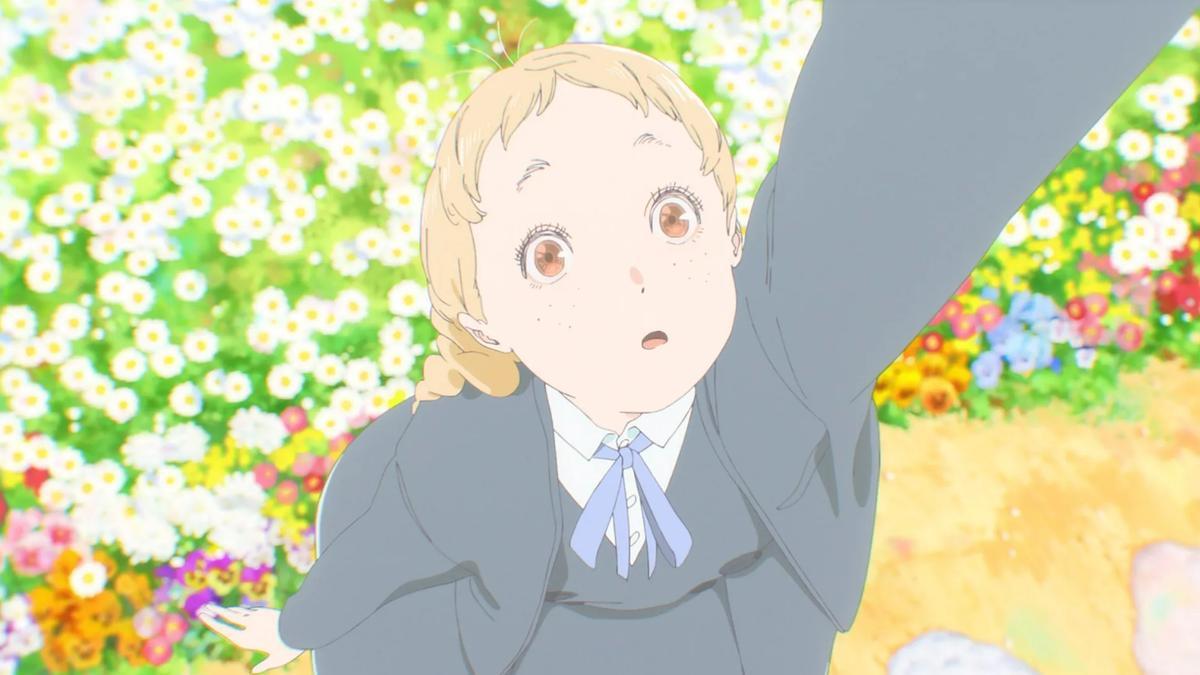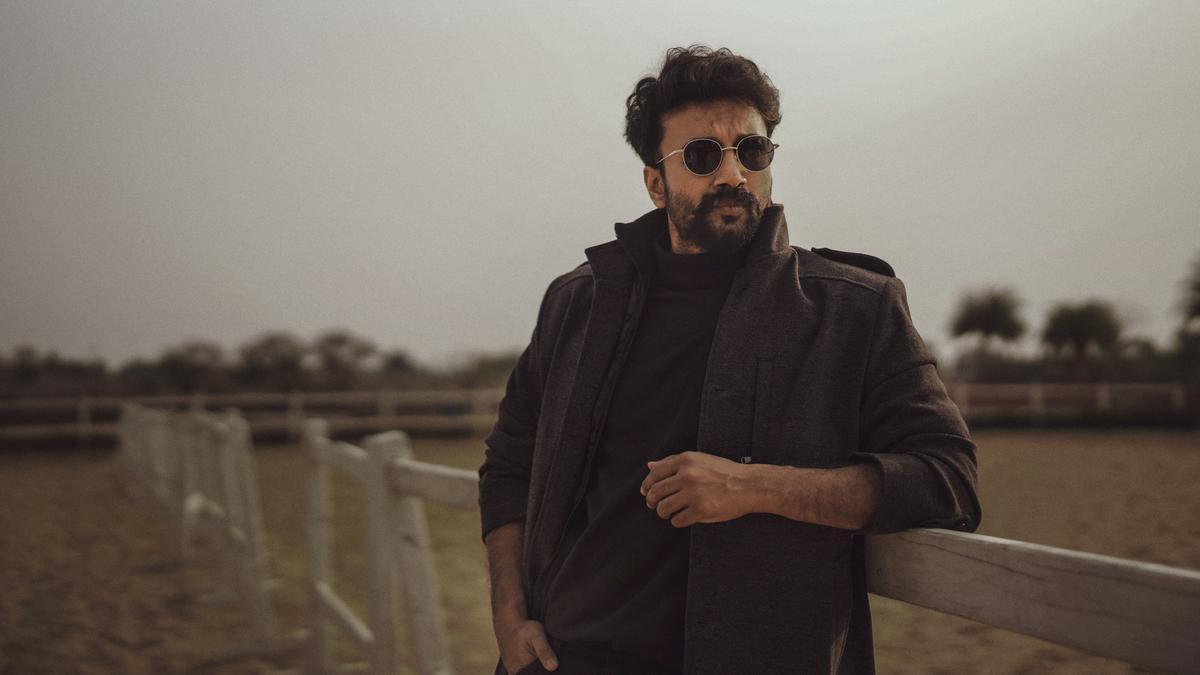
New Delhi: It’s not every day that a film manages to retain its splendor and command over the hearts of the audience even as years go by. Sanjay Leela Bhansali’s ‘Padmaavat,’ as we mark its sixth year since release, continues to be one of those exceptional tales that prove the might of Indian storytelling. Bhansali, an icon of cinematic excellence, has time and again crafted narratives that not only captivate but also celebrate the essence of Indian culture.
‘Padmaavat’ is a spectacle to behold, thanks to Bhansali’s meticulous attention to detail and his unyielding dedication to his craft. It stands as a shimmering example of how films can transcend the passage of time, with its story of valor, heartfelt romance, and the eternal battle of good prevailing against evil—a narrative as old as storytelling itself, yet told in a way that is both fresh and compelling.
This historical epic isn’t just a movie; it’s a journey back in time—to an India of magnificent palaces and fierce battlegrounds. With its release six years ago, ‘Padmaavat’ has carved a niche that goes beyond the ephemeral trends that often dictate the ebb and flow of cinema, showcasing Bhansali’s prowess in creating art that endures.
The casting decisions in ‘Padmaavat’ have been a talking point since its inception. Breaking away from the established chemistry between Ranveer Singh and Deepika Padukone as seen in previous collaborations, Bhansali pushed the envelope by presenting them in roles requiring a breadth of talent unseen from the duo before. This re-imagination not only cemented the film’s status in cinematic history but also engaged audiences in a narrative woven intricately with layers of complex characters.
Every aspect of ‘Padmaavat’ boasts Bhansali’s signature touch of opulence—right from the meticulously designed sets that resurrect a bygone era to the vibrant costumes that add to the visual storytelling. The film’s screenplay and VFX work in tandem to create a truly immersive experience, while the dialogues resonate with the impact of poetry in motion.
The performances are the pillars upon which the film stands tall, with Ranveer Singh’s portrayal of unbound aggression and Shahid Kapoor’s quiet strength pulling the audience into the heart of their characters’ worlds. Deepika Padukone embodies the spirit of the legendary Queen Padmavati—her poise, grace, and resolve breathing life into a figure steeped in lore and admiration.
Bhansali is well-known for his music sensibilities, and ‘Padmaavat’ dazzles in this department as well. The soundtrack is a masterful blend of haunting melodies and robust rhythms that not only serve to tell the story but also remain etched in the collective consciousness. Songs like ‘Ek Dil Ek Jaan,’ ‘Ghoomar,’ and ‘Khali Bali’ are not just accompaniments to scenes but are characters in their own right, pushing the narrative forward and adding depth to the emotional landscape of the film.
Beyond the entrancing music and compelling performances, Bhansali’s films possess a cinematic language that dives deep into the core of Indian tradition. His artistry is evident in every frame, a painting come to life, that attracts and holds the gaze of both local and international audiences. As a storyteller, he has successfully bridged the gap between global presentation and indigenous narratives, elevating Hindi cinema on the world stage.
As we look back on six extraordinary years of ‘Padmaavat,’ we cannot help but laud Sanjay Leela Bhansali for his unwavering commitment to the art of filmmaking. Each of his creations, particularly the grandiose saga of ‘Padmaavat,’ is a reminder of the power of cinema that speaks the language of beauty and truth, regardless of the passage of time. His work doesn’t merely exist within the confines of frames projected on a screen; it spills over into our lives, reminding us of the richness of our heritage and the storytelling tradition that continues to bind us together.










